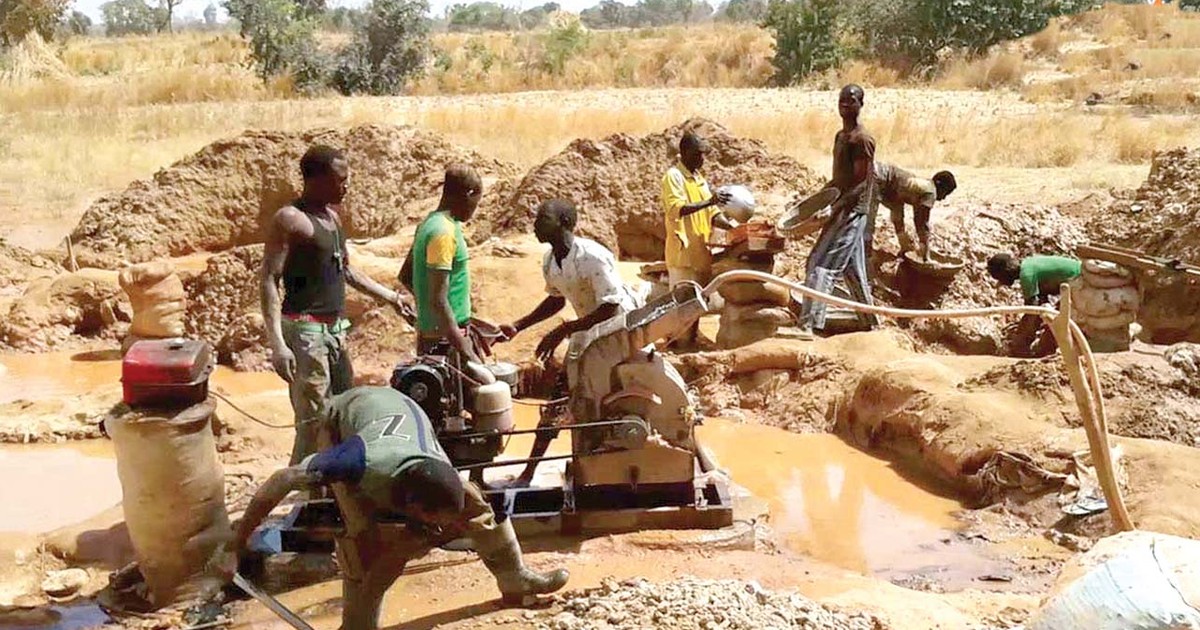Mining Other

Nigeria revokes 1,263 mineral licenses to boost investor confidence in solid minerals sector

The government aims to curb speculative practices and attract serious investment by freeing up dormant mineral titles.
The Nigerian government has revoked 1,263 mining licences to address dormant and speculative practices in the sector. The affected licences, which are slated for deletion from the official mining cadastre portal, include 584 exploration licences, 65 mining leases, 144 quarry licences, and 470 small-scale mining leases.
Minister of Solid Minerals Development, Dele Alake, announced the revocation, explaining that the licence holders failed to meet their annual service fee obligations. He emphasised that the sector cannot thrive under speculative practices.
“The era of obtaining licences and keeping them in drawers for the highest bidder, while financially capable and industrious businessmen are complaining of access to good sites, is over. The annual service fee is the minimum evidence that you are interested in mining,” the minister stated.
He warned that the revocation does not exempt defaulters from paying their outstanding fees. The list of defaulters will be forwarded to the Economic & Financial Crimes Commission (EFCC), Nigeria’s anti-graft agency, to encourage due diligence and deter speculative activities that clog the application process.
This action is part of a broader reform effort. In April 2024, the government revoked 924 dormant mining titles for similar reasons. At that time, Minister Alake described the measures as necessary to curb “licence racketeering,” where titles are obtained to be sold on a secondary black market, which discourages legitimate investment.
Nigeria, Africa's largest oil producer, is also rich in minerals like lithium, gold, and limestone. The government is actively wooing investors to the mining sector through incentives such as tax waivers and full profit repatriation, alongside stricter rules that require local processing of extracted minerals.
The latest revocation brings the total number of mineral titles revoked under the current administration to 3,794. By freeing up these licences, the government aims to attract new, serious investments into exploration and production, particularly in mineral-rich regions with high commercial potential.












